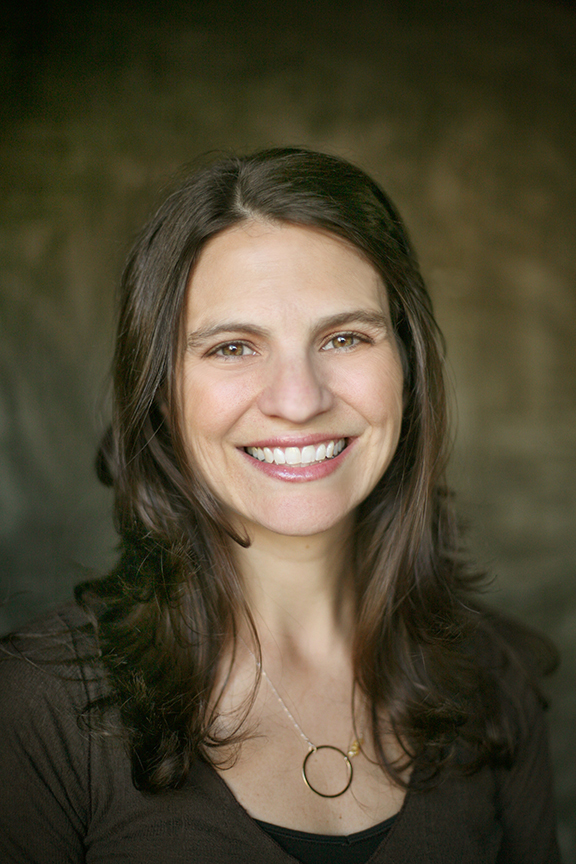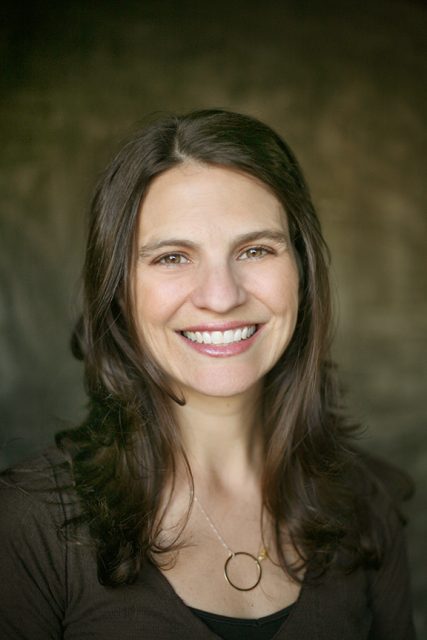(RNS) As I made my way back to my Upper West Side apartment on 9/11, I passed a pack of men and women hanging out on the steps of a corner bar, drinking, laughing and shouting “Carpe Diem!” Having spent the day with a steady stream of distraught people desperate for answers to unanswerable questions, I was shaken by the dissonance between catastrophe and celebration.
Confronted with the capriciousness of life, some search for meaning and comfort among the faithful while others surrender to futility, determined to eat, drink and be merry, for tomorrow we may die.
For Jews, the holiday of Purim attempts to do both.
Purim is our annual journey to the edge of the cliff. As we tell and retell our story of genocide narrowly averted, Purim awakens within an acute awareness of our vulnerability. This day is dedicated to confronting the reality that no matter how hard we work to control our lives — how diligently we plan and prepare — life is inescapably unpredictable.
On a whim, the characters in the Purim story saw their whole world turn upside down again and again. In a heartbeat, a queen is exiled, an orphan becomes royalty, a Jew is condemned and then redeemed, a general hangs from his own gallows, a people slated for genocide take up arms and kill their enemies instead. Everything was turned to the opposite of itself. Or, as novelist Joan Didion put it after her husband’s unexpected death: “Life changes fast. Life changes in the instant. You sit down to dinner and life as you know it ends.”
So what are we to do with this awesome and awful awareness?
On Purim, the tradition is to drink until “we can no longer tell the difference between good and evil,” as the Talmud puts it, embracing true moral ambiguity. We wear costumes that simultaneously conceal and reveal, exposing the aspects of ourselves we work all year to hide. We eat, drink, dance and laugh in the face of our darkest fears, knowing that everything we believe to be true could be a farce, that everything we love might disappear in an instant, that our world holds more chaos than order.
Purim is an exercise in radical spiritual destabilization, and it’s the closest Jews come to the idea of carpe diem: It’s the one day each year that our otherwise exacting tradition recognizes that sometimes drunken revelry is a supremely reasonable response to the insanity of the world.
And yet, Purim is more than a day of rowdiness and gluttony. “Make them days of feasting and gladness,” the Book of Esther tells us, with gifts of food for each other and gifts to the poor. How do we respond to the mess of life? With sweet gifts to family and friends and generous contributions to the people who need it most.
In other words, the way to make sense of life’s randomness is to honor the loving relationships that sustain us and work to address the imbalance of fortunes that leaves some with abundance and others with nothing. While we cannot control the world, we can control the way we live in it. The drunken silliness of Purim is matched by a renewed commitment to social transformation.
Regarding the gifts to the poor, our rabbis teach that one is not exceedingly precautious with money on Purim. Rather, we give to anyone and everyone who puts out a hand. In other words, give generously today, for tomorrow it could be you begging for a little spare change.
Give regardless of what you fear the recipient might do with the money.
Give not because you have determined that someone deserves, but because you see that someone needs.
Give because you know in your heart that it is only an accident of history that you are here and another is there.
Give because telling the story of our people’s miraculous triumph and celebrating life’s reversibility without acknowledging those who now sit on the other side of fortune would be spiritually and morally bankrupt.

Rabbi Sharon Brous is the founding rabbi of IKAR, a community of inspiration and experimentation dedicated to reclaiming and reinvigorating Jewish tradition and practice in Los Angeles and throughout the Jewish world. Photo courtesy of IKAR
Purim is both an acknowledgment of life’s unpredictability AND a wholehearted, last-ditch effort to pierce the chaos and shatter the darkness. “There is no greater or more wonderful joy,” says one rabbinic commentator, “than to bring joy to the heart of a poor person, an orphan or a widow. This is how we become God-like.”
God is noticeably absent from the pages of the Book of Esther, and we are called to make up for the absence by redoubling our capacity for God-like living of our own. We respond to the threat of emptiness by pouring more love into the world. That is faith, drawn from futility.
So on Purim, carpe diem. Grab this day — a day of masks and flasks, of awakened hearts and holy sweetness.
(Rabbi Sharon Brous is the founding rabbi of IKAR, a community of inspiration and experimentation dedicated to reclaiming and reinvigorating Jewish life in Los Angeles and throughout the Jewish world.)
KRE/MG END BROUS





